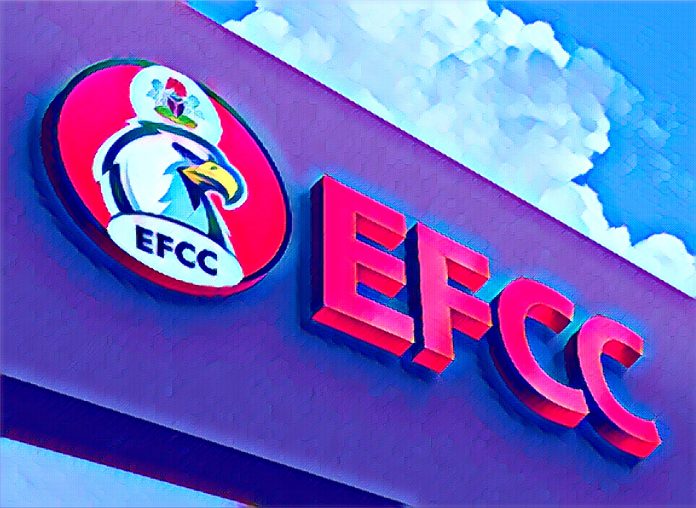KEY POINTS
-
EFCC criticized a motivational speaker for charging $18,000 for mentorship.
-
The agency warned about Ponzi scheme risks and illegal dollar transactions.
-
Nigerians expressed mixed reactions, with critics citing exploitation concerns.
The Economic and Financial Crimes Commission criticized a motivational speaker for charging $18,000 for a mentorship programme, raising public concern.
EFCC spokesperson Dele Oyewale warned Nigerians against putting their money into questionable schemes that might expose them to financial troubles.
The motivational speaker, Stephen Akintayo, sparked outrage when he advertised a private mentorship and access programme for $18,000 on Facebook.
EFCC warns about dollarisation and potential Ponzi schemes
Oyewale said the mentorship setup had traces of a Ponzi scheme, urging Nigerians to exercise caution with investment opportunities.
He stressed that charging in dollars violated Nigerian laws, noting that EFCC campaigns strongly against the dollarisation of the local economy.
Meanwhile, checks by reporters showed Akintayo’s programme flyer lacked account details, directing interested participants to send private messages instead.
According to PUNCH, Akintayo promised mentees access to a billionaire community, 45 authored books, and spread payment plans over twelve months to ease registration.
Nigerians react as critics and supporters debate mentorship fee
Several Nigerians criticized the programme, with Facebook users lamenting the high cost and questioning its value for young entrepreneurs.
Some, like Okey Mbah and Francis Njemanze, argued that investing N30 million elsewhere could yield better returns than expensive mentorship.
Human rights advocate Charles Ogbu challenged Akintayo’s credibility, citing no evidence of mentees becoming billionaires through his coaching system.
However, supporters like Bukat Grills and Udeme Udeme defended Akintayo, praising the value and network opportunities his mentorship offered subscribers.
Economist Dr. Aliyu Ilias warned that such programmes could pressure individuals into unethical means of raising money for fees.
Efforts to reach Akintayo for comment proved abortive as his representatives declined interviews and redirected media inquiries elsewhere.



